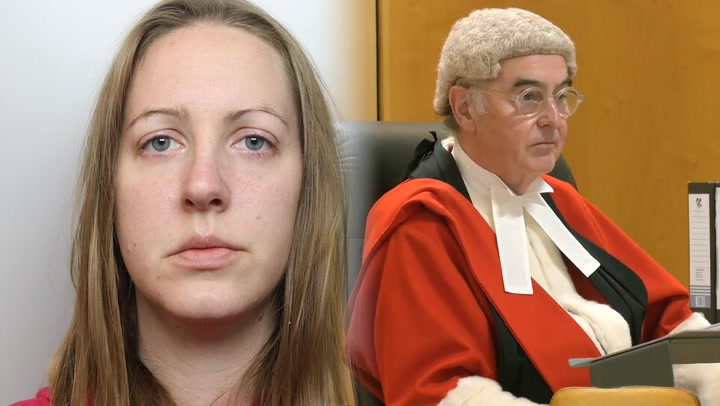A post about the governance of NHS Foundation Trusts, and how this can be improved.
The case of convicted murderer Lucy Letby would suggest that when it comes to patient safety, the role of ‘the independent governor’ may be key in holding Trusts and their senior executives to account.
That said, I am yet to read of how, if at all, the Council of Governors at the Countess of Chester Hospital NHS Foundation Trust responded either to concerns or complaints relating to Letby. Did they fulfil any safeguarding function at the time issues were being raised in relation to deaths? Were they even appraised of the conflict between the Trust’s medical team and the executive? If anyone has access to this information, please pass it on so that it may be considered it here.
As some readers may know, in January 2023 I was elected a public governor to the Governing Council of my local NHS Health Trust here in the north east of England. That means that I am one of a team of 36 governors – some like me, elected by lay members of the trust; others elected to represent the trust’s medical staff; and some appointed by the trust’s executive board.
The role of the Governing Council is ‘to hold the Non-Executive Directors of the Trust individually and collectively to account for the performance of the Board of Directors, and to represent the interests of the Trust’s members as a whole and the interests of the public’. It forms a curious line of accountability, but put simply, the governors oversee the Non Executive Directors – who oversee the Executive or management.
The Council of Governors is sometimes referred to as ‘a critical friend’ to the Foundation Trust. Whilst a question of semantics, I question whether the terms ‘critique’ and ‘friendship’ are comfortable bed fellows? As a governor for less than six months, I have already had to question my Trust on an important issue (now resolved). More significantly, together with a public governor colleague, I have challenged my Trust’s process of sharing information with governors, which I felt was operating in a ‘clunky and unhelpful way’.
Which brings me to the point of this post – how best to improve oversight of NHS Foundation Trusts?
Currently, the governor’s function is as follows:
- To consider the board’s account of its performance against the criteria that the council has agreed with the board and based on the conditions in the provider licence.
- To question the board on its account and feedback in a considered manner based on the evidence presented (asking for more evidence if necessary and reasonable).
- In extreme cases, to raise difficult issues and, after listening to the account of the board, to consider contacting NHS England if it forms a reasonable belief that the trust is in danger of breaching the terms of its licence.
As a public governor, I am comfortable with this mandate. Where I sense problems arise is on the topic of ‘information sharing’ by the Trust – how it is done, how timely, with what candour, how comprehensively, and as important, how accessibly?
NHS Trust independent governors can fulfil their role in governance only if they are given early access to important decisions and choices made by the Trust’s executive board. That is not to say that governors should be overloaded with trivial information. Aspects of day-to-day management should remain within the remit (and responsibility) of the Trust’s board – but significant management choices must be shared with the Trust’s governors so that they may decide what should be followed up, and what should be questioned.
I feel confident that in the days to come – whether through a statutory inquiry or otherwise – the role of the Council of Governors will be reviewed. In the meantime it is beholden on NHS Foundation Trusts to carry out their own internal review of governance, and to answer some of the very obvious questions that have already emerged from the Letby tragedy.
Advertisements appearing within or at the foot of this post are placed by the platform, not the writer. They are neither monetarised nor endorsed.
*
*
*
*
